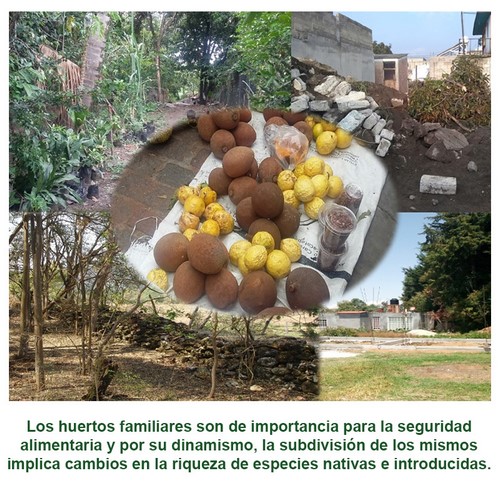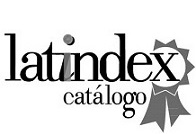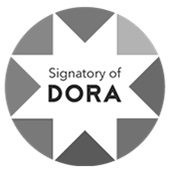Change in the richness of fruit species in homegardens of San Andrés Nicolás Bravo, Malinalco, Mexico
DOI:
https://doi.org/10.30972/bon.3216379Keywords:
Fruit species, homegardens, land fragmentationAbstract
Homegardens are complex and dynamic, these characteristics result in the in situ conservation of biodiversity. In the recent years, homegardens have been subdivided, due to a change in land use, from agricultural to house construction. The objective of the article is to analyze the impact of the subdivision of homegardens on the diversity of fruit species in San Andrés Nicolás Bravo, in two periods of time (2000-2010 and 2011-2019). The field work occurred from November 2017 to October 2029, and 92 homegardens were studied. Semistructured interviews were conducted to identify fruit species richness for the two time periods; local names of species were recorded and pictures of them were shown to people to verify which ones existed during the period 2000-2010. A cluster analysis was used to identify the association between richness of fruit species for both time periods, number of fragmentations and age of homegardens. In 2000-2010 there were 69 species and 4053 individuals. After homegardens fragmentation, there were 48 species and 1591 individuals; 21 species were removed and 26 replaced; 31% fruit diversity was lost. These changes in homegardens show the dynamics of families’ needs, one of them is to conserve multipurpose plants.Downloads
Download data is not yet available.

Downloads
Published
2023-01-05
How to Cite
Martínez, N. G., & Chávez Mejía, C. (2023). Change in the richness of fruit species in homegardens of San Andrés Nicolás Bravo, Malinalco, Mexico. Bonplandia, 32(1), 75–89. https://doi.org/10.30972/bon.3216379
Issue
Section
Original papers
License
Declaration of Adhesion to Open Access
- All contents of Bonplandia journal are available online, open to all and for free, before they are printed.
Copyright Notice
- Bonplandia magazine allows authors to retain their copyright without restrictions.
- The journal is under a Creative Commons Attribution 4.0 International license.














.jpg)


